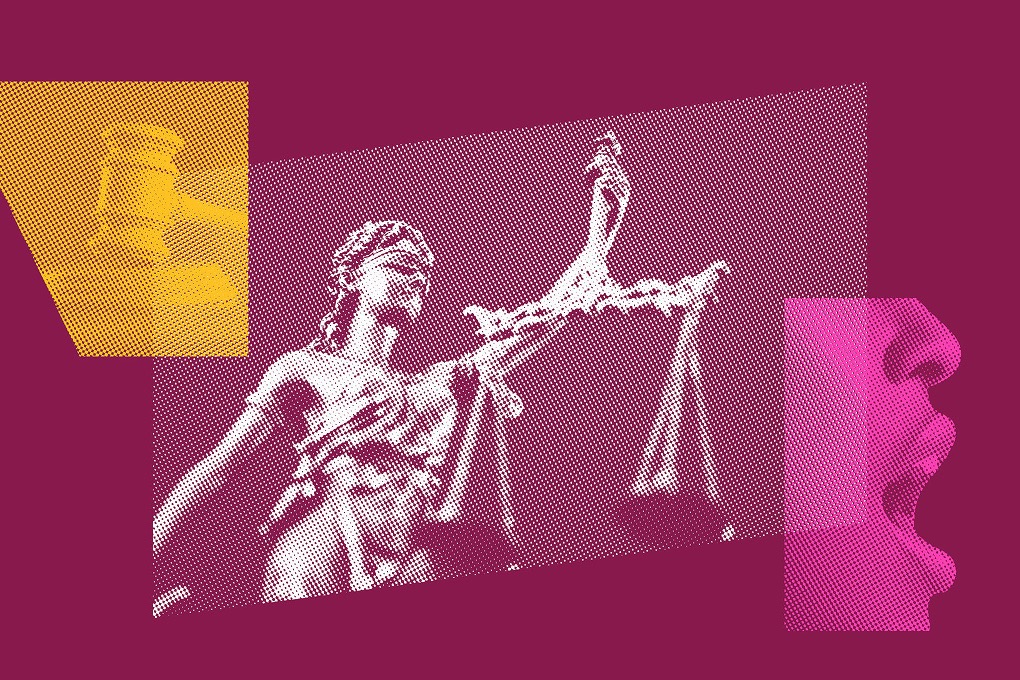
True or False? Overly severe discipline in school does not improve student behavior, but pushes them out of school and into the school-to-prison pipeline.
How much did law enforcement pay a witness in an Alabama capital punishment case for less-than-truthful testimony?
How many victims of human trafficking sued Signal International, LLC on Tuesday for forcing them to work in exploitive and abusive conditions?
Which Senate Committee marked up the border security and E-Verify sections of the 800-page immigration reform bill proposed last month?
A sealed search warrant obtained by which government agency granting access to a Fox News reporter's email account raises constitutional concerns about freedom of the press?
An Unexpected Reaction: Why a Science Experiment Gone Bad Doesn't Make Me a Criminal
After model student Kiera Wilmot was arrested and removed from her high school for doing a science experiment on school property, hundreds of thousands of people across the country signed petitions asking for charges to be dropped and for her to be reinstated in school. Kiera's school's zero-tolerance approach, like so many schools across the country, requires severe discipline and does not improve student behavior or improve our schools. It just pushes kids out of school, harming their futures and perpetuating the school-to-prison pipeline. Kiera blogs for ACLU.org about how she and her family have been affected by the school-to-prison pipeline.
What Does $10,000 Buy in Alabama? Less-than-Truthful Testimony Used to Sentence Someone to Death
A trial is supposed to be a search for the truth. That can never be more important than in a death penalty case, when someone's life is at stake.
It seems that this simple sentiment has been forgotten by the state of Alabama, which has been trying to send Montez Spradley to death row for the last several years for a crime he did not commit. The problem? Securing a capital conviction seems to be much more important to the prosecution than the search for the truth. And it is just this sort of problem that can lead to the ultimate horror: an innocent man on death row.
Prestigious Law Firms Join Fight for Guestworkers' Rights in Major Human Trafficking Case
Eighty-three Indian guestworkers who fell victim to a massive human trafficking scheme filed suit on Tuesday against Signal International, LLC. The lawsuits allege that the defendants trafficked over 500 Indian guestworkers after Hurricane Katrina and forced them to work for Signal in grossly exploitative and abusive conditions after they were lured to the United States under fraudulent assurances of becoming lawful permanent U.S. residents.
Immigration Reform: Week Two Is Through
This week the Senate Judiciary Committee wrapped up consideration of amendments to the immigration reform bill. On May 14th, the Committee completed work on the border security section of the bill and then began consideration of the section dealing with non-immigrant visas – addressing labor needs. Work on those issues continued on the 16th and then transitioned to enforcement, including the E-Verify employment verification system. All told, the Committee was busy last week – considering 64 amendments and adopting 40 of them. All but two of the amendments were adopted on a bipartisan basis. Ninety-nine amendments have now been considered (including modifications), and quite a few more have been withdrawn, out of the 300 amendments originally filed.
Justice Department's Overreaching on Leaks Threatens Freedom of the Press
A week after the Department of Justice notified the Associated Press that it had secretly seized records for more than 20 phone lines in a leak investigation, The Washington Post uncovered an overlooked search warrant in another leak case that raises similar – and perhaps more serious – constitutional concerns.
Learn more about your civil liberties: Sign up for breaking news alerts, follow us on Twitter, and like us on Facebook.



